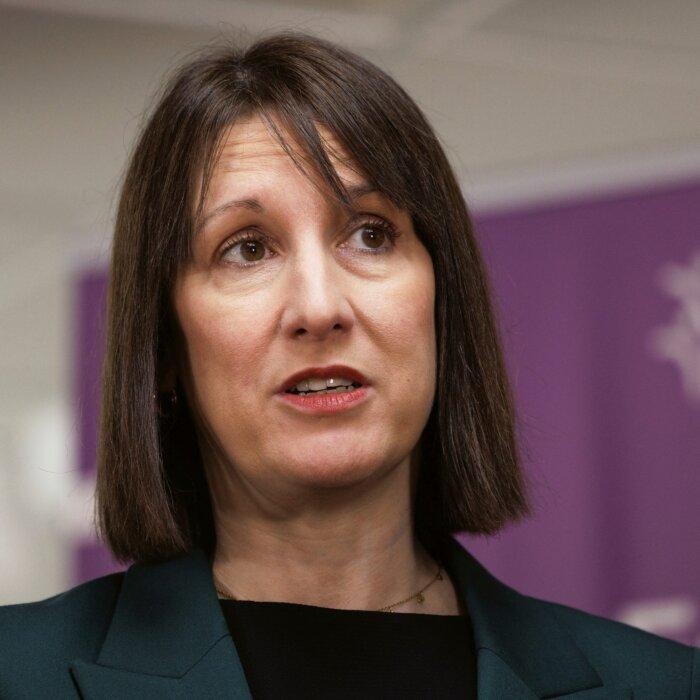Some 55 percent of firms in the UK, surveyed by the British Chambers of Commerce (BCC) said prices will increase owing to rising labour cost pressures. It is an increase on 39 percent in the third quarter of 2024.
Meanwhile, 43 percent expected prices to stay the same, and only 2 percent forecast a decrease.
The findings of the BCC’s Quarterly Economic Survey, released on Sunday, show that business confidence has slipped to its lowest level since the aftermath of the 2022 mini-Budget.
The survey of over 4,800 businesses was conducted after Chancellor Rachel Reeves delivered Labour’s first Budget in October. The Budget measures included a £70 billion increase in public spending, funded through tax rises and increased borrowing.
Labour raised the minimum wage, in a move praised by workers’ groups and unions, but which businesses have said will force them to pass on some costs to consumers, hire fewer people, or make less profit.
Reeves also announced increases in employer National Insurance Contributions (NICs). The proposed policies have faced pushback from businesses, which suggested that rising employment costs will push up inflation and will ultimately affect consumers.
The BCC Director General Shevaun Haviland said, “Businesses’ confidence has slumped in a pressure cooker of rising costs and taxes.”
“Firms of all shapes and sizes are telling us the national insurance hike is particularly damaging. Businesses are already cutting back on investment and say they will have to put up prices in the coming months.
Tax Concerns
According to the BCC, taxation is “by far” the biggest concern, cited by 63 percent of businesses, up from 48 percent in the third quarter and the highest level since 2017.High levels of tax concern were recorded among production and manufacturing firms, as well as construction and engineering businesses. Meanwhile, concern about inflation remains around the 47 percent figure, and firms’ worry about interest rates has fallen slightly.
“Faced with rising costs, our survey paints a difficult picture and shows businesses are having to make some very difficult decisions. Many tell us they expect to push up prices and cut back on investment and we expect this to lead to a low or no-growth economic climate in the coming months,” said BCC Head of Research David Bharier.
The BCC called on the government to accelerate business rates reform and “create a system that incentives investment.”
Services Sector
Elsewhere, the UK services sector—closely watched by the Bank of England and accounting for more than 80 percent of total UK economic output—has recorded the fastest rate of job cuts for almost four years.The business activity index, published on Monday, scored 51.1 in December, up from 50.8 in November. Readings above 50 mean a sector is in growth, while a score below this means it is shrinking.
“Survey respondents suggested that falling business and consumer confidence, largely due to worries about domestic economic prospects in 2025, had led to a considerable loss of growth momentum,” said Tim Moore, economics director at S&P Global Market Intelligence.
He added that while most parts of the UK service economy noted weak demand and cutbacks to client budgets, there remained pockets of strong growth in areas such as technology services.







